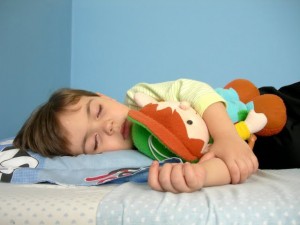Children with Migraine, Tension-Type Headache More Likely to Experience Mental Health, Behavioral Issues
The connection between migraine disease and certain mental health issues, including depression and anxiety, is well established in the adult population. This research study establishes the same connection between migraine and mental health issues among children. In this study children with migraine were also observed to be more likely to experience certain behavioral issues and social problems.
Researchers in Brazil coordinated with a doctor at the Albert Einstein College of Medicine's Montefiore Headache Center to examine how the mental health and behavior of children is affected by living with migraine disease and tension-type headaches.
The researchers examined 1,856 Brazilian children between the ages of 5 and 11 to determine whether there was any connection between headache disorders in children and behavioral or mental health issues.
Children living with migraine disease were vastly more likely than other children to experience anxiety and depression. They were also more likely to engage in a behavior known as internalizing. This means that the person turns inward and engages in actions to hurt him or herself as opposed to engaging in behaviors that harm others (externalization). Internalizing is often observed as being withdrawn, depressed, anxious or lonely.
Children living with tension-type headache were more likely than children without any headache disorders to experience mental health and behavioral issues, but much less likely than children with migraine disease.
Neither group of children with a headache disorder was observed to be more likely than children without headache disorders to engage in externalizing. Externalizing occurs when the person lashes out at others. Common examples include bullying, agresssion, swearing, screaming, cheating, truancy and lying.
Finally, the children with migraine in this study were observed to be more likely to experience social problems. Specifically, they were more likely to experience difficulties in social engagement and immature behavior.
Understanding that children who live with migraine disease are more likely to experience anxiety, depression, internalizing behaviors and social problems can help direct the treatments provided to those children. By screening for and specifically treating the issues a child migraineur is experiencing in addition to migraine, treatment providers and parents may be able to help the child better handle those issues and prevent isolation.
Join the conversation